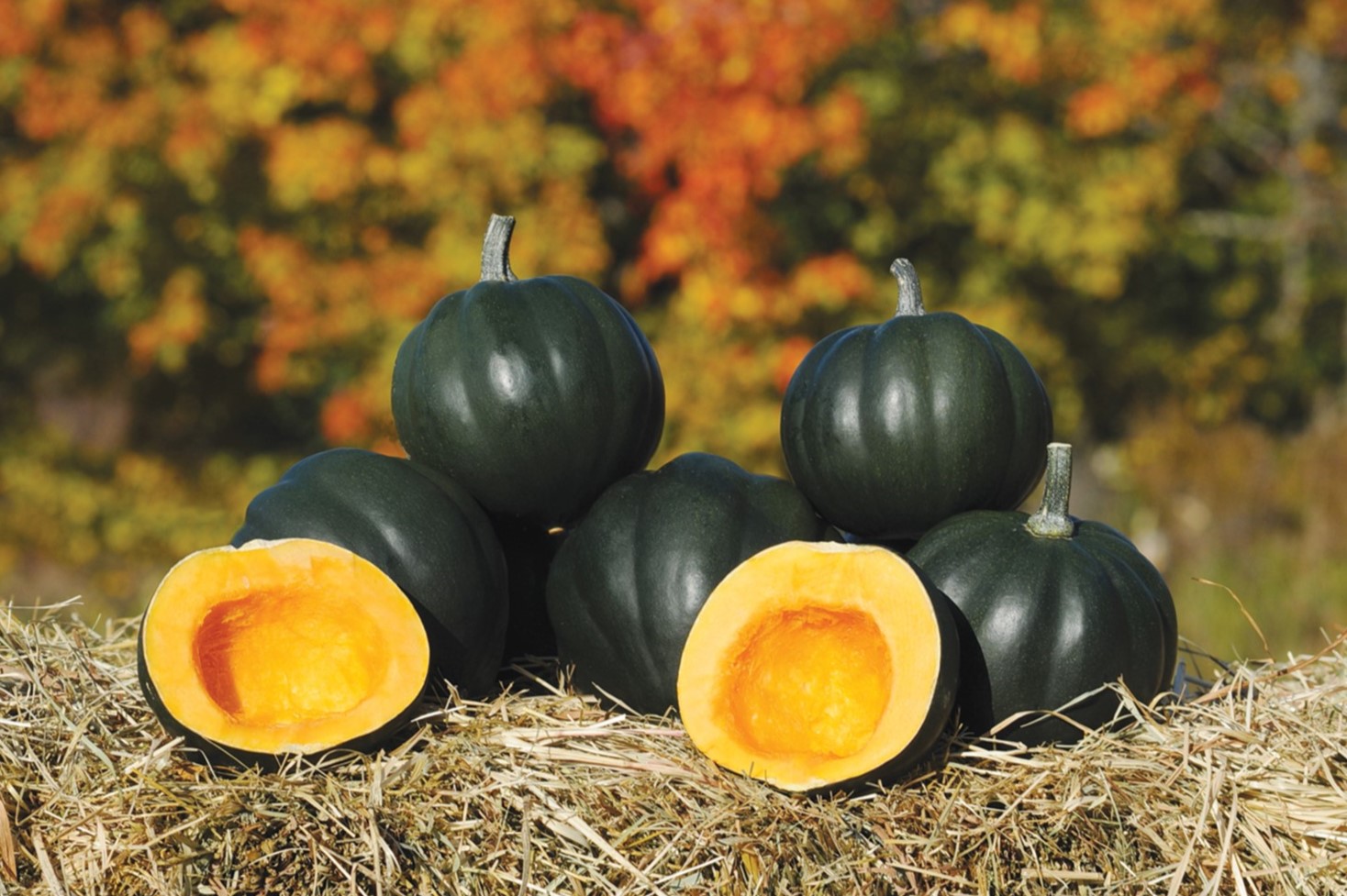
Honey Bear Squash is a delightful addition to any garden or kitchen. This small, acorn-shaped squash boasts a sweet, nutty flavor that makes it perfect for roasting, baking, or even stuffing. But what makes this squash so special? Honey Bear Squash is not just tasty; it's also packed with nutrients like vitamins A and C, fiber, and antioxidants. Plus, it's easy to grow and resistant to common pests, making it a favorite among gardeners. Whether you're a seasoned gardener or a cooking enthusiast, learning about Honey Bear Squash can add a new dimension to your culinary and gardening adventures.
Key Takeaways:
- Honey Bear Squash is a compact and sweet winter squash packed with vitamins, fiber, and antioxidants, making it a nutritious and low-calorie option for a healthy diet.
- Growing and cooking with Honey Bear Squash is easy and rewarding, as it's resistant to pests, has a short growing season, and can be enjoyed in various delicious recipes.
What is Honey Bear Squash?
Honey Bear Squash is a type of acorn squash known for its sweet flavor and compact size. This winter squash is a favorite among gardeners and chefs alike. Let's dive into some interesting facts about this delightful vegetable.
Nutritional Benefits of Honey Bear Squash
Honey Bear Squash isn't just tasty; it's packed with nutrients that are good for you. Here are some key nutritional benefits:
- Rich in Vitamins: Honey Bear Squash is high in vitamins A and C, which are essential for immune function and skin health.
- Low in Calories: A serving of Honey Bear Squash contains only about 80 calories, making it a great option for those watching their calorie intake.
- High in Fiber: This squash is an excellent source of dietary fiber, which aids in digestion and helps maintain a healthy weight.
- Contains Antioxidants: The antioxidants in Honey Bear Squash help protect your cells from damage caused by free radicals.
Growing Honey Bear Squash
Growing Honey Bear Squash in your garden can be a rewarding experience. Here are some tips and facts about cultivating this plant:
- Compact Plant Size: Honey Bear Squash plants are compact, making them ideal for small gardens or container gardening.
- Short Growing Season: This squash has a relatively short growing season, maturing in about 85 days from planting.
- Resistant to Pests: Honey Bear Squash is known for its resistance to common squash pests like squash vine borers and powdery mildew.
- Prefers Full Sun: For optimal growth, plant Honey Bear Squash in a location that receives full sun for at least six hours a day.
- Requires Well-Drained Soil: Ensure the soil is well-drained and rich in organic matter to promote healthy growth.
Cooking with Honey Bear Squash
Honey Bear Squash is versatile in the kitchen. Here are some ways to enjoy this delicious vegetable:
- Roasting: Roasting brings out the natural sweetness of Honey Bear Squash. Simply cut it in half, remove the seeds, and roast until tender.
- Stuffing: The hollow cavity of Honey Bear Squash makes it perfect for stuffing with grains, vegetables, or meats.
- Soups and Stews: Add chunks of Honey Bear Squash to soups and stews for a hearty, nutritious addition.
- Pureeing: Puree cooked Honey Bear Squash to make a creamy soup or a base for sauces.
- Baking: Use Honey Bear Squash in baking recipes, such as muffins or bread, for a sweet and moist texture.
Fun Facts About Honey Bear Squash
Here are some fun and lesser-known facts about Honey Bear Squash:
- Award-Winning Variety: Honey Bear Squash won the All-America Selections (AAS) award in 2009 for its excellent flavor and garden performance.
- Hybrid Variety: It is a hybrid variety, developed to combine the best traits of different squash types.
- Long Shelf Life: When stored in a cool, dry place, Honey Bear Squash can last for several months.
- Edible Seeds: The seeds of Honey Bear Squash are edible and can be roasted for a crunchy snack.
- Pollinator-Friendly: The flowers of Honey Bear Squash attract pollinators like bees, which help improve garden biodiversity.
- Origin: Honey Bear Squash was developed by vegetable breeders in the United States to offer a smaller, sweeter alternative to traditional acorn squash.
The Sweet Truth About Honey Bear Squash
Honey Bear Squash isn't just another veggie. Packed with nutrients, it's a powerhouse of vitamins A and C. This squash is perfect for those looking to boost their immune system. Its sweet, nutty flavor makes it a hit in various dishes, from soups to roasted sides. Plus, it's easy to grow in home gardens, making it accessible for many.
Not only is it delicious, but it's also versatile. You can bake, steam, or even grill it. Its compact size is ideal for single servings, reducing food waste. With its rich history and health benefits, Honey Bear Squash stands out in the world of vegetables. So next time you're at the market, grab one and give it a try. Your taste buds and body will thank you.
Frequently Asked Questions
Was this page helpful?
Our commitment to delivering trustworthy and engaging content is at the heart of what we do. Each fact on our site is contributed by real users like you, bringing a wealth of diverse insights and information. To ensure the highest standards of accuracy and reliability, our dedicated editors meticulously review each submission. This process guarantees that the facts we share are not only fascinating but also credible. Trust in our commitment to quality and authenticity as you explore and learn with us.


